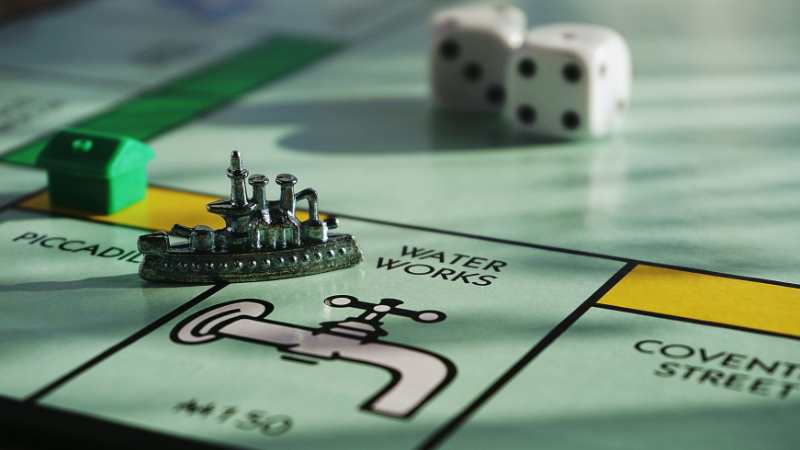(SQAUK) – In the labyrinth of human memory, a peculiar phenomenon blurs the line between truth and imagination, challenging our perception of reality. This phenomenon is the Mandela Effect, a term by paranormal researcher Fiona Broome. It refers to a situation where many people vividly recall an event or detail that, in reality, never happened or occurred differently.
Five examples of the Mandela Effect:
- Jif vs. Jiffy: Many swear the famous peanut butter brand was called “Jiffy,” not “Jif” as it is.
- Oscar Mayer vs. Oscar Meyer: The spelling of “Mayer” in the famous jingle is often incorrectly remembered as “Meyer.”
- Sex and the City: Some recall the hit show’s title as “Sex in the City.”
- Queen’s Anthem: Contrary to popular belief, the song “We Are The Champions” does not end with “of the world!”.
- The Monopoly Man: Despite many recalling him with a monocle, he never had one.
These instances are not just mere mistakes; they signify a collective misremembering that goes beyond individual error.
Theorizing the cause:
The Mandela Effect’s cause has been the subject of debate. Some attribute it to psychological processes, such as confabulation, where the brain fills in gaps in memory with fabricated facts. Others propose more outlandish explanations, such as quantum physics and the existence of parallel universes. They suggest that these collective memories might be remnants of alternate realities bleeding into our own.
While the source remains elusive, the Mandela Effect continues to fascinate and perplex. It serves as a testament to the complex and enigmatic nature of human memory, reminding us that our recollections are not always the reliable records we believe them to be. Instead, they are a mosaic of truths and errors woven together in the tapestry of our minds.
The Mandela Effect is not just a curious phenomenon; it provides insight into the human psyche, showing how our memories can be fragile and unreliable. Whether it’s due to psychological factors or the influence of parallel dimensions, it forces us to question the accuracy of our memories and the nature of our shared reality.
Related video:



